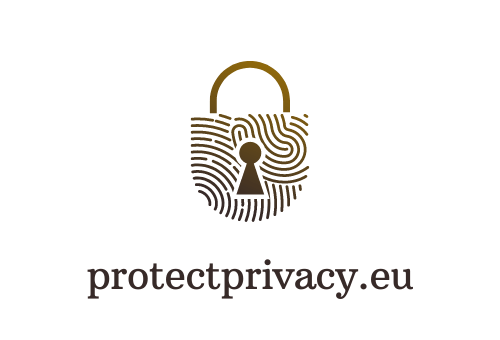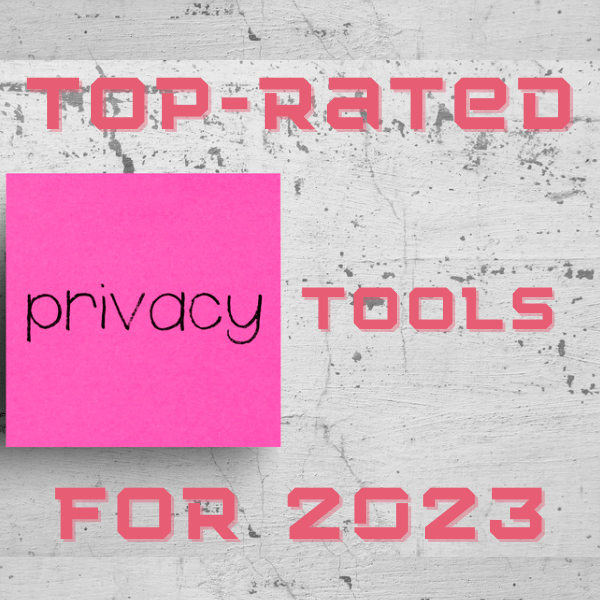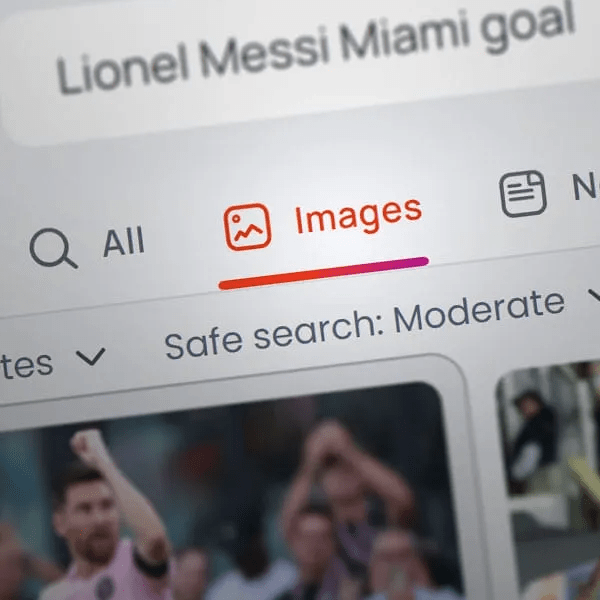Debunking Privacy Myths: Separating Fact From Fiction

In the digital age, myths and misconceptions about online privacy abound, leading to confusion and misinformed decisions. This article aims to debunk some of the most common privacy myths, providing clarity and factual insight into the realities of digital privacy.
Myth 1: “Private Browsing Is Completely Anonymous”
Reality: Limited Privacy Protection
Private or incognito browsing modes can prevent your browser from storing your history, but they don’t make you invisible online. Your Internet Service Provider (ISP), websites you visit, and even search engines can still track your activities.
Myth 2: “I Have Nothing To Hide, So Privacy Doesn’t Concern Me”
Reality: Privacy Is About Control, Not Secrecy
Online privacy isn’t just about hiding secrets; it’s about having control over your personal data. Data like your browsing habits and purchase history can be used to manipulate your decisions and infringe on your freedom of choice.
Myth 3: “Social Media Platforms Are Safe For Sharing Personal Information”
Reality: Risks Of Over-Sharing
Social media platforms are often not as private as they seem. Over-sharing personal information can lead to identity theft, stalking, and data being used for targeted advertising without your explicit consent.
READ NEXT: THE FUTURE OF ONLINE ANONYMITY – TRENDS AND PREDICTIONS

Myth 4: “Strong Passwords Are Enough To Protect My Privacy”
Reality: Multi-Layered Security Is Necessary
While strong passwords are crucial, they are not foolproof. Two-factor authentication, secure Wi-Fi connections, and being cautious about the information you share online are also essential for protecting your privacy.
Myth 5: “All VPN Services Offer Complete Privacy”
Reality: Not All VPNs Are Created Equal
While VPNs can enhance privacy by encrypting your internet connection, not all are reliable or secure. Some may log your data, and others might be vulnerable to leaks. Choosing a reputable VPN service is vital.
Myth 6: “Deleted Data Is Gone Forever”
Reality: Data Can Be Recovered Or Stored Elsewhere
Deleting data from your device or online account does not guarantee it’s gone forever. In many cases, data can be recovered, and service providers may keep backups.
Myth 7: “Privacy Policies Guarantee The Safety Of My Data”
Reality: Policies Vary In Effectiveness And Intent
Privacy policies are often complex and can be challenging to navigate. They do not always guarantee data protection; some may outline how your data can be used or shared rather than protecting it.
Conclusion
Understanding the realities of online privacy is crucial in the digital world. By debunking these common myths, we hope to provide a clearer picture of what privacy really means and how you can effectively protect it.







